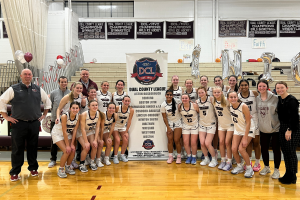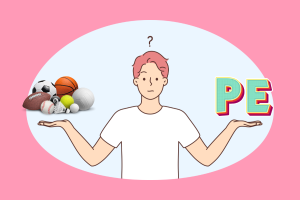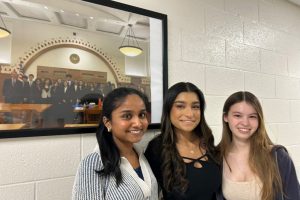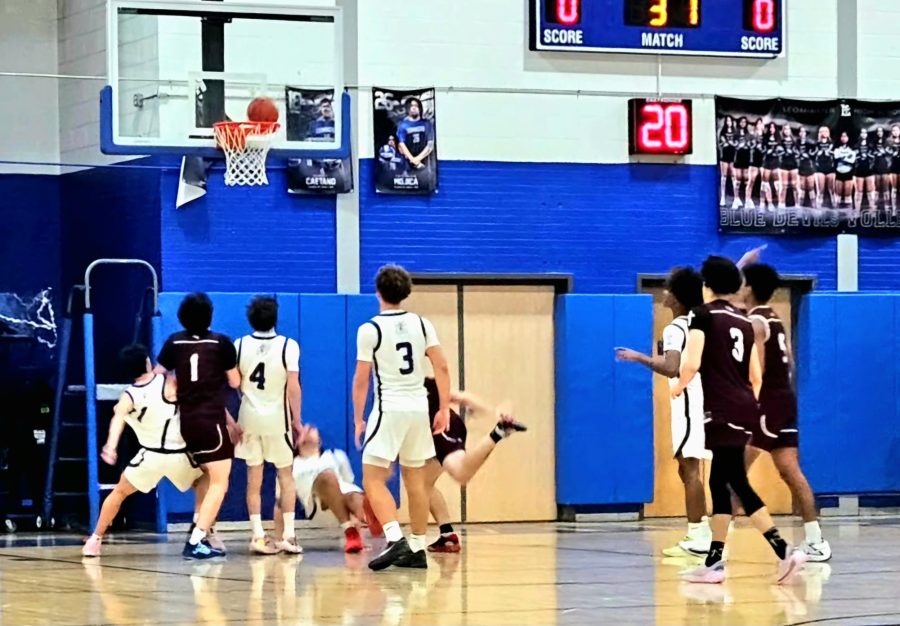“Just Say No” does not work
November 7, 2017
Last week, President Trump publicly declared this country’s opioid epidemic a national health emergency. When unveiling his plan for combating the problem, Trump mentioned that he would launch a “a massive advertising campaign to get people, especially children, not to want to take drugs in the first place.” What our president does not understand, however, is that this nation has been screaming “Just say No” to kids since the 1980’s. Not only did this philosophy clearly fail in its attempts to combat substance abuse, but it made the problem much worse.
Starting back in the 1980’s, when perhaps the most famous anti-drug ad was released featuring an egg being cracked and sizzling on a frying pan with the stern vocal message “this is your brain on drugs” dubbed over ominous music, the “Just Say No” campaign took off, becoming a cornerstone of American culture.
In a 2008 study published by the American Journal of Public Health, researchers examined the effectiveness of these anti-drug propaganda campaigns over 20,000 youths ages nine to eighteen and found that, on average those who had been exposed to more anti-drug ads expressed weaker intentions to avoid marijuana and more doubts that marijuana was harmful (Frakt).
The 2008 study might have focused on marijuana, a less dangerous or problematic drug in youth culture, however, for the minority of youths who responded “positively” to the advertisements, the objective did not stop at convincing them to avoid smoking pot.
Unlike the more relaxed anti-drug ads of previous generations, the cut-throat agenda of “Just Say No,” focused intensely on avoiding peer pressure, and not only staying away from drugs, but distancing oneself from those who use them. Suddenly, adolescents rising from this generation were raised with a “good kid- bad kid” mentality in regard to experimentation with drugs and alcohol.
The message seems quite reasonable at first glance: keep telling kids to stay away from the wild crowd, and they will stay safe, right? Unfortunately not. Instead, this created a long-lasting and unprecedented drift between teens who experiment with drugs, smoke, or drink, and those who do not. Soon, teens who would have otherwise been harmlessly experimenting with marijuana or alcohol were feared socially isolated by their “Just Say No” peers.
According to the well-acclaimed author, journalist, and recovered drug addict Johann Hari, it is not the drugs themselves that, but this very sense of isolation and negative stigma toward drugs that turns small recreational drug experimentation into addiction.
“It [the cause of drug addiction] is not your morality, it’s not your brain, it’s your page. It’s an adaptation to your environment […] We [society] make the real causes of addiction much worse. We take addicts who became addicted in the first place because they were isolated and cut-off, and we cut them off even more,” Hari said.
Drug addiction is, to either democrats, republicans, parents, or children, a tragedy, but rather than teaching the next generation of Americans to “Just Say No” to recreational drugs, and their peers who might be using them, why not combat the true causes of addiction? Those who are determined to avoid drugs and alcohol are going to avoid them, despite the activities of their peers. Conversely, those who inevitably will at some point or another try drugs will not be convinced by an egg commercial.
Telling kids not to smoke marijuana or drink is not the solution to our nation’s drug abuse problem. “Just Say No” simply makes those who avoid substance use fear the people who do not avoid it, while telling millions of American teens who already use drugs socially, “You’re a bad kid now – just keep going”.







